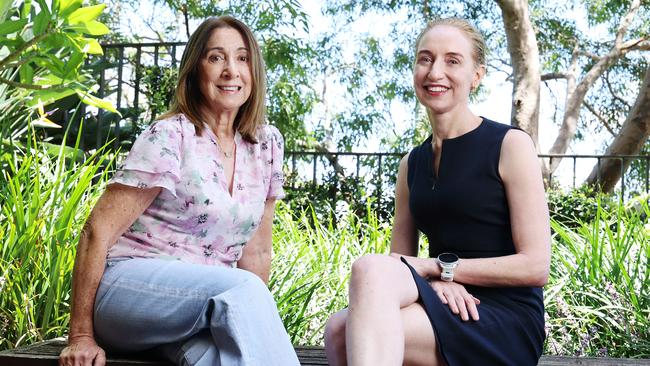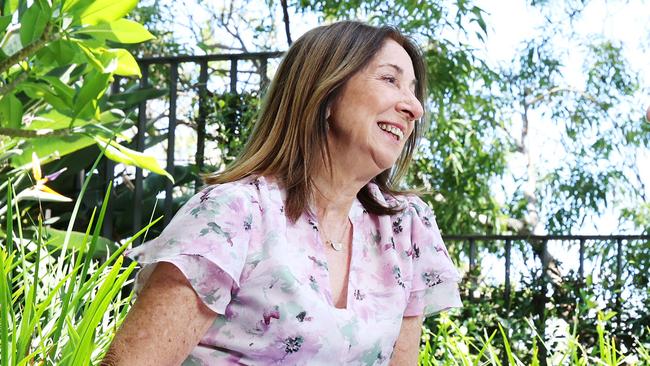Patients with advanced melanoma ‘cured’ with drug combination
A groundbreaking clinical trial has proved that the majority of melanoma patients whose cancer has spread to the brain can be ‘cured’.

A groundbreaking clinical trial has proved that the majority of melanoma patients whose cancer has spread to the brain can be “cured” when given combination immunotherapy as a first-line treatment.
The trial led by scientists at the Melanoma Institute of Australia has presented data that establishes that long-term disease control is possible for advanced melanoma patients when given two checkpoint inhibitor immunotherapy drugs, nivolumab and ipilimumab, in combination.
Checkpoint inhibitors are a type of immunotherapy that block certain proteins that stop the immune system from attacking cancer cells, thus allowing the immune system to destroy tumours.
The study, published in the journal Lancet Oncology, presents seven-year follow-up results from the initial clinical trial known as the ABC trial that was the first to demonstrate that advanced melanoma patients could be successfully treated with combination immunotherapy – a finding that changed clinical practice overnight.
Professor Georgina Long, medical director of Melanoma Institute Australia and lead author of the study, said the seven-year follow-up results have now shown that 51 per cent of patients with terminal diagnosis whose melanoma has spread around the body survive for seven years or longer when given the combination treatment upfront. Previously, this cohort of patients were only expected to survive for 16 weeks.
“This proves we have achieved long-term disease control in this group of advanced melanoma patients. We are now confident these patients are cured, a term not used lightly in cancer. This combination immunotherapy should now become standard care for melanoma patients with brain metastasis,” Professor Long said.
The randomised, phase 2 study was conducted at four sites in Australia: Melanoma Institute Australia, Princess Alexandra Hospital, Royal Adelaide Hospital and Peter MacCallum Cancer Centre. The new results are the longest follow-up ever for melanoma patients with active brain metastases.

Grandmother of four Linda Kavanagh was one of the participants in the clinical trial and has been cancer-free since 2017 after being diagnosed with terminal melanoma that had spread to her brain, liver, lungs and pancreas.
“I feel like a walking miracle,” she said. “What Australian scientists have done is just amazing. It’s just groundbreaking. It’s a gift that’s been given to me. I’ve got a life."
The ABC trial recruited 79 patients, with 36 given combination checkpoint inhibitor therapy (anti-PD-1 plus anti-CTLA-4), and 43 given single agent immunotherapy.
Initial results released in 2018 showed a 46 per cent response rate for those patients given the combination immunotherapy, versus just 20 per cent response rate for those on single agent immunotherapy.
The seven-year follow up results showed an overall survival rate of 51 per cent with combination therapy and 29 per cent with single agent immunotherapy.

Professor Grant McArthur, head of the Peter MacCallum Cancer Centre’s Molecular Oncology Laboratory and co-senior author on the study, said: “Patients in this long-term study have been followed for seven years now, and the results are fundamentally changing how we think about melanoma that has spread to the brain.
“A situation that was considered terminal and with very limited treatment options now appears to be curable, based on these new data.
“This continues the trend we’ve seen over recent decades as new immunotherapy-based approaches emerge and change advanced melanoma into not only a manageable disease but a curable disease for some patients.”
Professor Long said the results had implications for some other cancers.
“Melanoma is the first cancer where we have tested immunotherapies,” she said.
“Now for lung cancer, kidney cancer, head and neck cancer, bladder cancer, even triple negative breast cancer, it opens the door to look at the role of two drugs versus one.
“So it will have a massive impact on other cancers, and how my colleagues think about how they’re going to research or do clinical trials in their cancers to be able to cure more patients.”





To join the conversation, please log in. Don't have an account? Register
Join the conversation, you are commenting as Logout